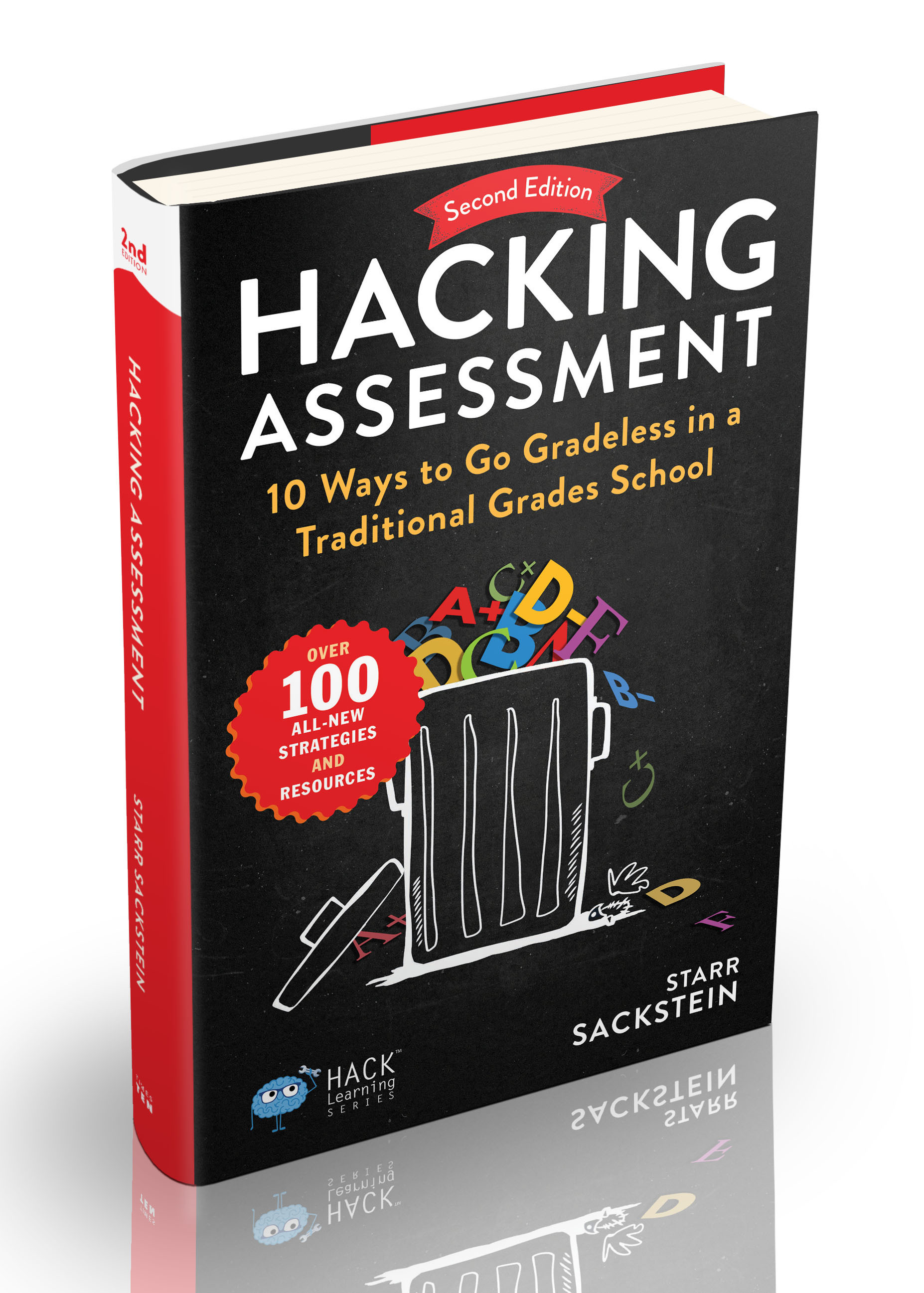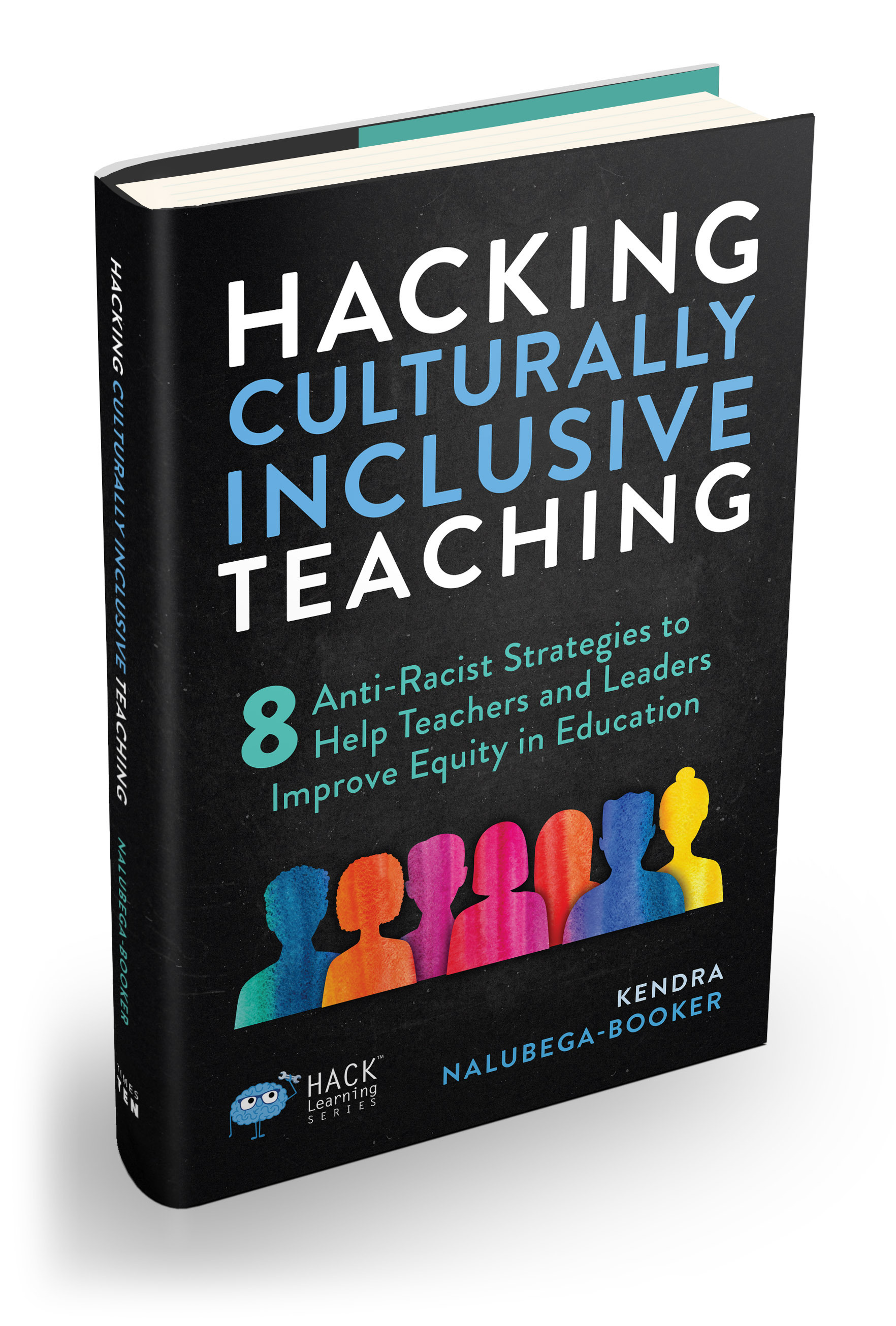15 Ways to Turn Your Uninspired Students Into Passionate Learners
Aug 13, 2023
Our goal, as teachers, is to not just actively engage our students in learning but have them enjoy the experience and be motivated to continue learning. We strive to make our students want to learn and be passionate about education. Passion for learning is the driving force that can transform education from a mundane routine into an exciting and fulfilling journey.
The Hack Learning Series addresses and hacks the problems that teachers and school leaders have and offer simple solutions that you can use tomorrow. By implementing these hacks in ways that work for you and your students, you can turn your students into passionate learners.
Inspire Passionate Learning on The First Days of School
The first few days of school are crucial in setting the tone and creating a foundation for the entire school year. This is when teachers make their first impression on students and gives students an idea of what the rest of the school year will look like. When teachers invest time and effort into making these initial days memorable and meaningful, they can significantly impact students' passion for learning.
- Warm and Welcoming Atmosphere: Greet students with a warm smile and create a friendly atmosphere. Make your classroom a place where everyone is free of judgment and open to any question. When students feel welcomed and encouraged to be themselves at the beginning of the year, their attitude towards learning is drastically different.
- Get to Know Each Other: The process of getting to know your students and building a relationship with them starts day one. Focus on building individual relationships with all of your students to better understand them and how they learn. When students feel connected to their teacher they are more motivated to learn.
- Showcase Excitement: Demonstrate genuine enthusiasm for the subject and the upcoming school year. No student wants to hear a teacher say, "I don't like this unit, but I have to teach you it." Be pumped up about every lesson you teach. Your excitement can be contagious and inspire students to share the same passion for learning.
Building Relationships With Students To Make Them Love Learning
Building meaningful relationships with students is a fundamental aspect of effective teaching, and it plays a crucial role in making students passionate about learning. When students feel valued, supported, and connected to their teacher, they are more likely to be engaged, motivated, and enthusiastic about their educational journey.
- Establishing Trust: Building relationships with students creates a sense of trust and safety in the classroom. When students trust their teacher, they are more willing to take risks, ask questions, and actively participate in class discussions. Students don't feel ashamed or embarrassed to mess up because they know their teacher will help them get back on their feet.
- Student-Centered Approach: Building relationships shifts the focus to a student-centered approach, where the teacher considers students' perspectives and interests. When you have a good relationship with your students you are able to diversify your teaching strategies to better fit the needs of everyone in your class.
- Encouraging Curiosity and Inquiry: A positive teacher-student relationship fosters an environment where students feel comfortable asking questions and exploring their curiosities.
Student Choice and Autonomy Motivates Students To Learn
Giving students choice in what they are learning and doing can significantly increase their passion for learning by fostering a sense of ownership, autonomy, and intrinsic motivation.
- Relevance to Personal Interests: When students have the freedom to choose topics that align with their interests and passions, learning becomes more meaningful and relevant to their lives. This relevance sparks curiosity and excitement, driving their passion for the subject.
- Increased Self-Confidence: When students are engaged in a lesson they chose or one relevant to their lives and interests, they have more confidence in exploring the unknown, and they are more motivated to ask challenging questions. Making choices and decisions about their learning boosts students' self-confidence. They feel a sense of accomplishment and pride in their abilities, further motivating them to continue exploring and learning.
- Personalized Learning Experience: Providing choice allows teachers to cater to students' individual learning styles and preferences. Personalized learning experiences acknowledge students' unique needs, enhancing their enthusiasm for the learning process.
Going Gradeless Will Make Students Love Learning
Going gradeless, or adopting a more flexible and holistic approach to assessment, can have a profound impact on students' passion for learning. By removing the traditional focus on grades, the learning experience becomes more meaningful, personalized, and focused on growth.
- Emphasis on Learning, Not Grades: Without the pressure of grades, students can focus on the joy of learning itself. When students aren't focused on getting a good grade they are more willing to take risks and explore their interests. If school was about learning instead of grades, students would be excited to go to class and come ready to learn.
- Reduced Stress and Anxiety: Grades can often induce stress and anxiety in students, because of the fear of failure and the constant comparison to peers. By removing grades, students can feel more relaxed and be open to taking academic risks and trying new things.
- Opportunity for Mastery Learning: Going grade-less allows students to take the time they need to truly master the material. Usually, when students are done with a unit, they forget about the content and move on. This approach supports deeper learning and helps students develop a lasting understanding of the subject matter.
Focus on Diversity and Inclusivity
Embracing diversity and inclusivity in the learning environment can have a profound impact on students' passion for learning. When students feel valued, respected, and included, they are more likely to be engaged, motivated, and enthusiastic about their educational journey.
- Promote a Sense of Belonging: In an inclusive environment, every student feels like they belong and are accepted for who they are. This sense of belonging creates a supportive and safe space where students can fully engage in the learning process without fear of judgment.
- Encourage Open-Mindedness: Exposure to diverse perspectives, cultures, and backgrounds fosters open-mindedness and broadens students' horizons. This exposure can inspire curiosity and a desire to learn more about the world and its complexities.
- Cultivate Empathy and Compassion: By learning about different cultures and experiences, students develop empathy and compassion for others. These qualities can drive a passion for learning as students become more interested in understanding the world from various viewpoints.
As educators, we have the power to ignite a flame within our students, inspiring them to become lifelong learners. By implementing these strategies, teachers can create a vibrant and passionate learning environment that sparks students' curiosity and fuels their desire for knowledge.








